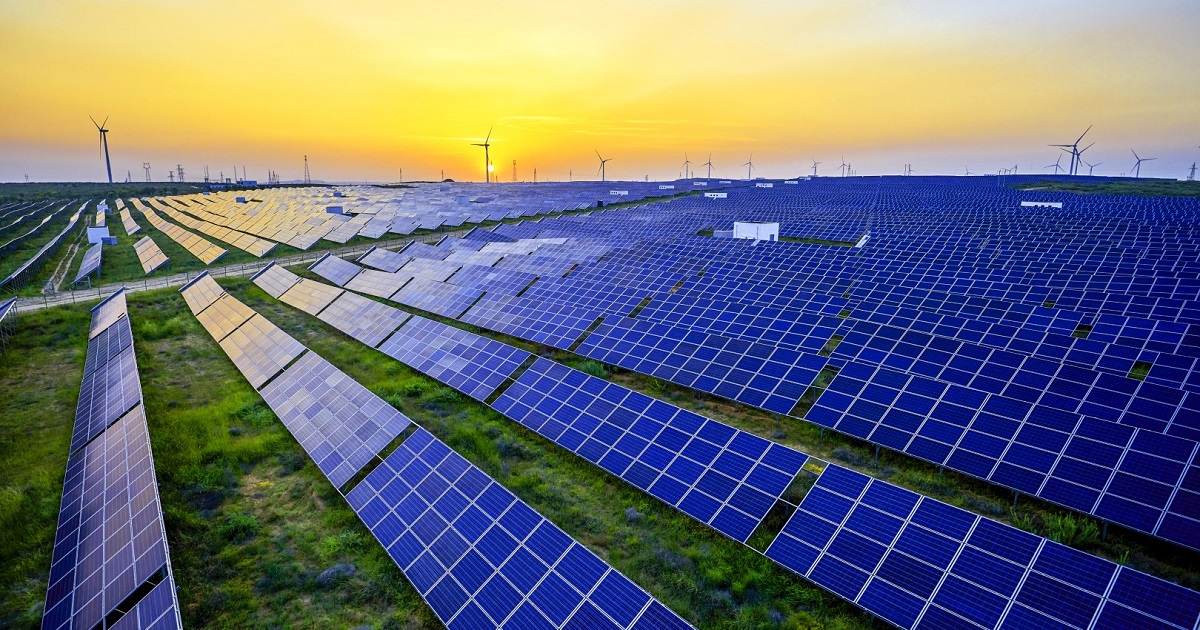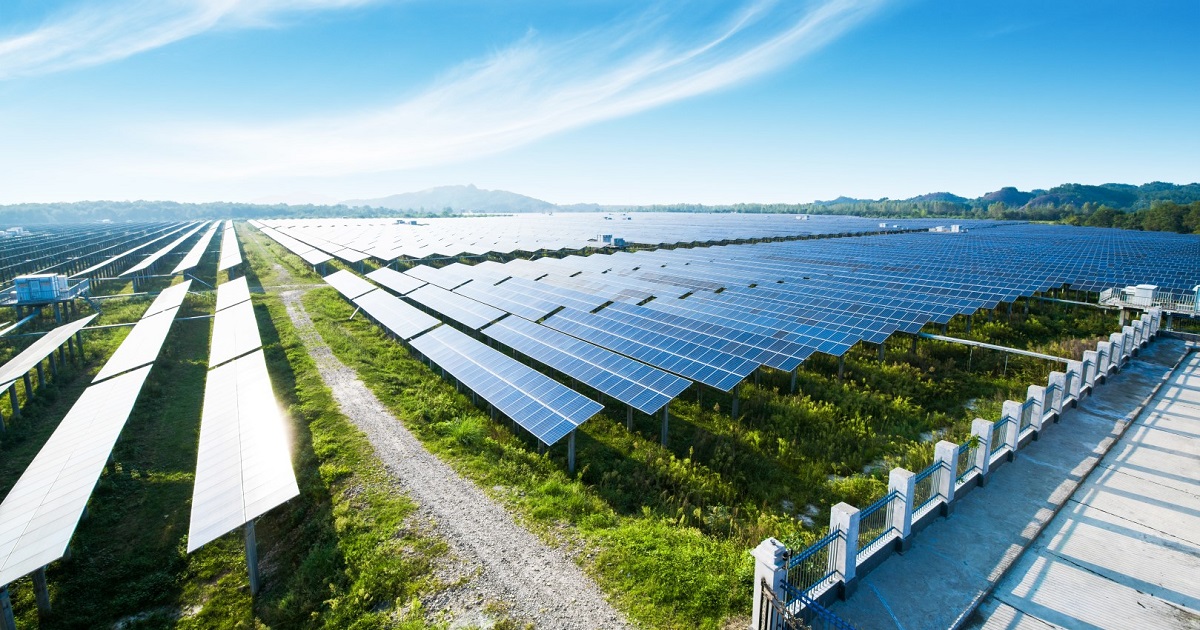
Energy, Industry Updates
Article | July 29, 2022
Have you ever thought about what would happen if a power station failed? Without electricity to bring itself back online, it would be near impossible for a station to begin operating again, like trying to set fire to paper without a flame.
This scenario would quickly lead to widespread chaos, with hospitals and schools plunged into darkness, refrigeration, and sanitation seriously hampered and transport systems brought to a standstill.
For these reasons (and many, many more), governments and electricity networks often have complex and rigorous plans in place to bring dead power stations back online at the earliest.
Read More

Strategy and Best Practices, Industry Updates
Article | August 16, 2022
With the popularity of solar increasing across the country, the number of solar installers has been multiplying. Unfortunately, many fly-by-night companies with minimal installation experience or larger national firms with little market history are trying to capitalize on the industry’s growth. In addition, the sheer volume of installation partners that consumers have to choose from can result in a great deal of buyer confusion.
More choices, more issues
As the number of solar installers has gone up, so have complaints and issues related to providers and their service. Recently, the Minnesota Department of Labor and Industry reached terms with Empire Solar Group LLC’s trustees, a national solar installer that went bankrupt earlier this year, leaving 45 homeowners in Minnesota with projects in various levels of incompletion. Unfortunately, they’re not alone, as many other consumers have also fallen into precarious situations after companies using high-pressure sales tactics have been unable to deliver on the work. Michael Allen, CEO of All Energy Solar, says, “He’s angered that companies go out of business and face no fines.” Allen and other established industry leaders have done their best to help out customers caught in the middle of an installer’s bankruptcy issues, but there is only so much they can do.
What protections do consumers have?
In some cases, states have put into place protections for consumers; for example, in Minnesota, consumers stranded with uncompleted projects can get access to the state’s Contractor Recovery Fund, which receives money from licensing fees to help offset these costs. But that is of little comfort for those trying to determine what partner to choose for their project.
The best bet
When picking a solar installation partner, your best bet is to avoid those with high-pressure sales tactics, “too-good-to-be-true” pricing, or ones with little to no installation experience. Don’t simply trust the sales rep, do a little of your own research to see what other customers are saying. Looking for a record of successfully completed projects and businesses with state and national certifications can be another way to confirm credibility.
Read More

Strategy and Best Practices
Article | July 8, 2022
Despite rising energy costs and dwindling customer ratings of the ‘Big Six’, over 37% of Brits still believe they are getting a good deal when it comes to gas and electricity.
Here, Keith Bastian, CEO of rising independent Outfox the Market, challenges those age-old perceptions that are damaging consumer bank balances…
I have never quite understood the notion of pay more for the same service. Except that last part, is really where the difference lies.
As I have made my way through the energy market, it seems clear to me that we are facing a common notion.
Age-old dinosaurs, that have relied on name status and brand power to retain customer loyalty, despite not providing anything different or any value-added service, give the impression that customers are somehow safer with them. That is the biggest misconception.
We at Outfox the Market would like to challenge that.
Of course, when I speak in such a way, I am referring to the ‘Big Six’, those long-established brands whose share in the energy market whilst substantial, is increasingly coming at the cost to its customers.
For example, in the latest independent customer rankings from Which, it was determined that the traditional big energy companies had some of the lowest scores for customer service and value for money, yet some customers still feel secure with them.
On the contrary, rising independents, such as ourselves, were scoring highly in these areas and this is where I feel the difference lies.
Regardless of your opinion on fossil fuels and/or renewables, it is more the value of looking after your customers, understanding their concerns and dealing with them efficiently that has become somewhat lost for the ‘Big Six’.
It is true that they have a larger proportion of customers to serve with a larger workforce, but that should not be to the detriment to the service they provide.
What were are seeing now, as evidenced by the recent Ofgem price hikes, is the ‘Big Six’ once again failing consumers in these areas, with most of the top names putting costs up by £96 a year on average as of April.
I am not one to not acknowledge that energy firms are tongue-tied in some respects in passing regulated costs on; there are times when we must. However, customers could also benefit from a little research.
Even with growing numbers of consumers switching, nearly 60% of all households in the UK are still on standard variable rate tariffs, those that are subject to the incoming Ofgem hikes.
So, the real question is why aren’t more customers switching? Heritage, loyalty and brand association. These facets really should not come at cost of paying more for energy.
I really believe it is down to time-sensitivity and a misunderstanding around the barriers to switching, with cost somewhere in the middle.
According to MoneySuperMarket, 75% of us would switch if we could save £149.99. A hefty figure, but why not the £96 highlighted earlier? That is still pretty good, and something that would add up nicely over the years.
I understand we are time-poor as a nation, it’s well publicised, but we’re all well averse in switching phone contracts and insurance deals, so why not where our energy comes from?
Truth be told, I believe it’s an age-old notion that energy is ‘just something that comes with the house, not worth the hours or hassle to change.’
But in all honesty, it takes a matter of seconds to switch. Firms such as ourselves offer this and more via a quick and easy quote online. Best of all, many energy providers will help manage the switching process for you, contacting your current provider and notifying them of your intentions.
I would also like to challenge this notion that once an energy firm ‘gets you’, you are ‘locked in’ for years upon end in ever rising contract costs.
If you are on a standard variable tariff, you can switch to a new provider at any time. What’s more, even if you are in a fixed term energy deal, which can be subject to exit fees, sometimes the cost involved outweighs the savings you can make with your new provider.
Customers must do their best to ask more of energy firms, check the service they are being given and hold it up against national bill averages. Compare what your neighbours, friends and family are paying under similar living circumstances, and weigh up if you are being given a fair deal.
Living costs and regulated price hikes are always going to be an ever present worry, so I call on both customers and energy firms to do their due diligence in these respects.
Age-old energy firms relying on their reputation must take a serious inward look at their lessening market share to understand why they are failing customers.
It’s time to make a change now, both from business attitude and a consumer standpoint; switching is quick, easy and a vital notion to bear in mind, as both retaining custom and saving money becomes an ever-growing sticking point in the energy market.
Read More

Solar+Storage
Article | June 8, 2022
The company behind famous Australian wine brands including Penfolds and Wolf Blass is embracing solar energy in a big way.
ASX-listed Treasury Wine Estates (TWE) is one of the world’s largest wine companies and has an ambition to be the “world’s most admired premium wine company”. A powerful way to win consumer hearts, minds (and wallets) these days is to have a strong focus on sustainability.
As part of its sustainability mission, wines in TWE’s portfolio will be produced using 100% renewable electricity by 2024. In a step towards this renewables goal in Australia, approximately 9,500 solar panels will be installed at Barossa Winery and Production Centre in South Australia, and Karadoc Winery in Victoria by the end of this year.
Collectively, the solar panels will generate more than 5,500 megawatt-hours of electricity annually, enough to supply the equivalent of 900 homes. Total capacity wasn’t mentioned, but given the annual output, I’d estimate it at around 3.75 MW.
Read More